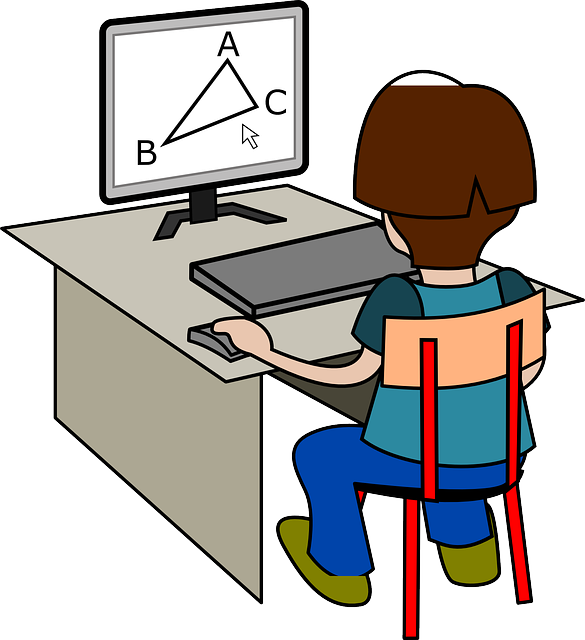WhatsApp Number: +1(249) 265-0080
Research Presentation Reflection
Please answer the questions below.
- Regarding your presentation assignment, what did you learn about the research project?
- Would you have approached the assignment differently? Why or why not?
Submission Instructions:
- Your initial post should be at least 500 words, formatted and cited in current APA style with support from at least 2 academic sources published within the last five years.
- in paragraph form, no bullet points or numbering.
Check our essay writing services here
Research Presentation Reflection
Completing the presentation assignment provided me with a comprehensive understanding of the research process and the critical steps involved in developing, presenting, and communicating scholarly work. One of the most important lessons I gained from the assignment was how to translate complex research findings into a format that is both engaging and understandable to an audience. Presenting research is not just about summarizing data but about telling a compelling story grounded in evidence, methodology, and relevance to practice. Through preparing my presentation, I learned how to critically analyze research literature, formulate research questions, and align them with appropriate methodology, theoretical frameworks, and ethical considerations. This deepened my appreciation for the planning and structure required to design an effective research study, from identifying a problem to proposing solutions and anticipating real-world applications.
The assignment also emphasized the importance of clearly articulating the purpose and rationale for research. I had to ensure that my objectives were not only measurable but also meaningful within the context of the healthcare or counseling setting I selected. In doing so, I gained insight into how researchers justify the need for a study, including highlighting gaps in current literature, addressing the needs of target populations, and demonstrating potential contributions to practice or policy. The process required a strong synthesis of evidence, which taught me how to select scholarly sources that were both recent and relevant, enhancing my skills in literature review and critical appraisal.
Another key takeaway was understanding the ethical implications of research, especially when involving vulnerable populations. Ethical considerations such as informed consent, confidentiality, cultural sensitivity, and minimizing harm are integral to responsible research conduct. Preparing the presentation compelled me to think more deeply about how these principles apply not only in academic studies but also in everyday professional practice. This reinforced my understanding of the broader responsibilities of researchers, including respecting participants and disseminating findings transparently and appropriately.
If I were to approach the assignment differently, I would focus more on integrating visual elements into the presentation to enhance audience engagement. While I felt confident about the content, I realized that the visual design of slides and the pacing of information delivery are equally important. Presenting research is not just about academic rigor but also about communication effectiveness. For future assignments, I would invest more time in using visual aids such as charts, graphs, and infographics to represent data clearly and compellingly. Research by Mayer (2021) supports the idea that multimedia presentations, when designed effectively, can significantly improve knowledge retention and understanding by combining verbal and visual elements.
In addition, I would consider incorporating more real-world examples or clinical scenarios to highlight the relevance of the research topic. While academic content is foundational, connecting the material to practice through case studies or client narratives can help the audience see the practical value of the research. As emphasized by Sandars and Patel (2020), contextualizing research findings within professional settings enhances audience engagement and application of knowledge.
Overall, the presentation assignment was a valuable learning experience that helped refine my skills in scholarly research, academic writing, and professional communication. It challenged me to be both analytical and creative, to think critically while communicating clearly. These are essential competencies in both graduate education and future clinical practice, and I feel better prepared to design, present, and apply research in meaningful ways.
References
Mayer, R. E. (2021). Multimedia learning (3rd ed.). Cambridge University Press. https://doi.org/10.1017/9781108859017
Sandars, J., & Patel, R. (2020). The importance of reflection in medical education and practice. Medical Teacher, 42(7), 781–785. https://doi.org/10.1080/0142159X.2020.1755052


